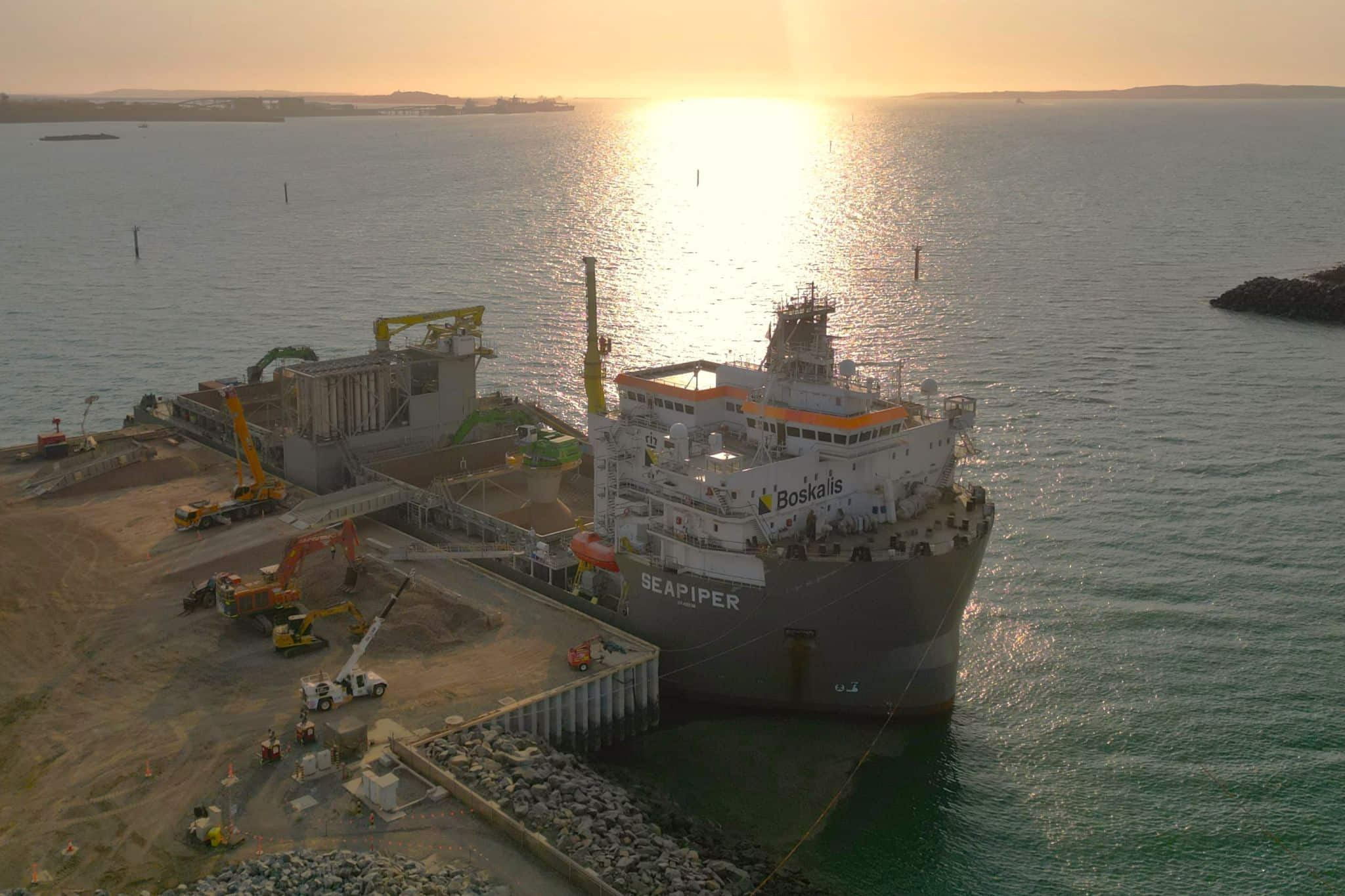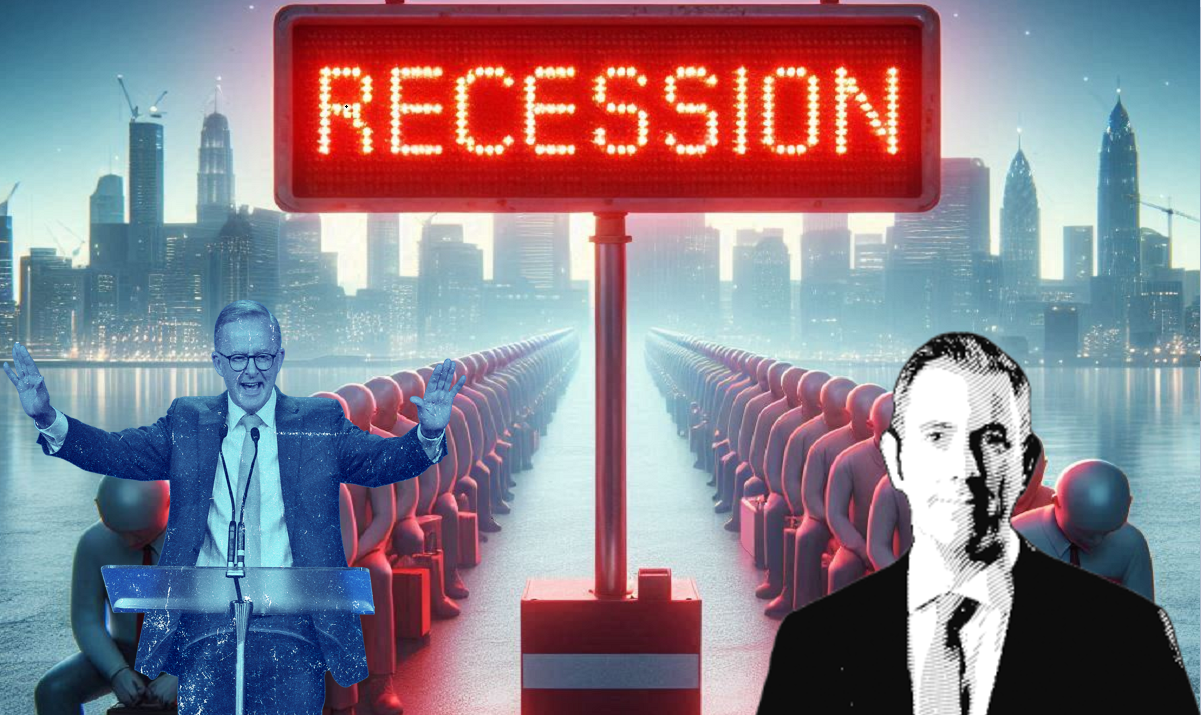The system allowing people with disability to be paid $6 an hour

- by Admin
- September 28, 2024
If you were offered a job packing and labelling products for a major company, how much would you expect to be paid?
For two years, Greg Tucker did just that and was paid $2.50 an hour.
It was completely legal.
The reason why? Mr Tucker lives with intellectual disability.
“Along the way I thought, ‘this really can’t be right’,” he said.
“We’re all doing hard work and we’re still earning single digits.”
Mr Tucker was hired by an Australian Disability Enterprise (ADE) — a segregated workplace for people with disability who need significant support to work.
“Supported employees” working at ADEs are legally able to be paid less than the minimum wage if it is decided their disability reduces their output.
At the end of some weeks, the only items Mr Tucker could afford with his pay cheque were snacks and trips on public transport.
“It wasn’t even enough to pay one bill,” he said.
Mr Tucker has now progressed to a cleaning job at the same ADE, which has earned him two pay rises.
But at about $11 an hour, it’s still well below the minimum wage of $24.10 per hour.
He’s picked up a second job in open employment as a housing advocate for a disability organisation, where he earns $33.41 an hour.
Greg Tucker now also works at a disability advocacy organisation, where he’s paid at a much higher rate. (ABC News: Patrick Stone)
Mr Tucker said it was “definitely not right” to pay ADE employees such low wages.
“They are humans too and just want to work and earn money for their families,” he said.
‘An affront to dignity’
Originally known as “sheltered workshops”, ADEs were started in the 1950s by parents wanting to provide their children with some form of employment.
Today, approximately 20,000 people with disability work in about 600 ADEs across the country.
The enterprises came under the microscope at the disability royal commission, where Mr Tucker shared his story in 2022.
Loading…
The inquiry’s final report was handed down one year ago today.
Four of six royal commissioners recommended that ADEs be transformed and sub-minimum wages for people with disability eliminated by 2034.
One of those commissioners, Alistair McEwin, said evidence presented at the inquiry painted a “shameful picture” of ADEs.
“What we saw and heard … was a very clear case for change. ADEs need to close. ADEs need to stop paying sub-minimum wages,” he said.
“[The conditions are] an affront to dignity and inconsistent with the basic principles of human rights.”
The royal commission heard evidence that rates of violence, abuse, neglect and exploitation were higher in all segregated settings, not just employment.
In its formal response to the inquiry in July, the federal government said the recommendation to phase out segregated employment required further consideration.
Mr McEwin urged the government to act on the commission’s recommendations.
“Segregation is harmful. It’s based on othering. It’s based on dehumanisation. It’s based on treating disabled people as second-class citizens,” he said.
“Until we change our policy to address that, we won’t be achieving equality for a long time.”
Alistair McEwin firmly believes segregated employment needs to be phased out. (ABC News: Brendan Esposito)
In a statement, Social Services Minister Amanda Rishworth said the government was “committed to supporting the fullest participation of all people with disability in society”.
She said the government had started various initiatives to improve the employment of people with disability, including those announced in May’s federal budget, and was “developing an approach for further consultation” on the royal commission’s recommendations.
“[We] will continue to engage with the disability sector, including people with disability, families and carers, supported employment services, mainstream employers, advocates, peak bodies, and others on these initiatives,” she said.
Mr McEwin said it was good to see some movement on the issue – but it needed to happen faster.
“Even though it’s 2024, lots of disabled people are still being told … ‘you need to accept these conditions’ and ‘you have nothing else to aspire for’ … when we know that’s wrong.”
Looking to the future
In a spacious warehouse in Seymour, 100km north of Melbourne, Davis Stokes is labelling, wrapping and packing products onto the forklift he learned to drive five years ago.
“I was a bit nervous, but now I’m confident of loading and unloading trucks and whatever needs doing,” Mr Stokes said.
Davis Stokes has worked for Yooralla for more than a decade. (ABC News: Loretta Florance)
The 37-year-old lives with intellectual disability and has worked at an ADE run by disability services provider Yooralla for 14 years.
The not-for-profit organisation opened its first ADE more than three decades ago and today 140 people work in four facilities across Victoria.
Mr Stokes works at Yooralla twice a week.
Some days, he’ll pack products for shipment or work in the gardening crew. When he does that, he receives pay that he describes as a “basic” wage.
Other days, when he’s maintaining train stations, including cleaning the platforms and testing the PA system, he earns a higher wage.
Davis Stokes is paid a higher wage when he’s out working at train stations. (ABC News: Loretta Florance)
Yooralla CEO Terry Symonds acknowledged the pay for workers at the ADEs was low and said the organisation had committed to gradually increasing pay to “at least” minimum wage.
Mr Symonds said Yooralla couldn’t immediately make the switch in one go for a number of reasons, including its own budgetary constraints and existing contracts.
Terry Symonds acknowledges that change is needed but says it needs to be gradual. (ABC News: Patrick Stone)
“While it would be great if [we] were earning super profits and able to reinvest those into the business in the form of wages, we don’t make a profit … and we are determined that no one will lose their jobs,” he said.
“We have existing contracts with other organisations that have been quoted based on wages as they are … they haven’t signed up for [higher prices].”
‘It makes me feel important’
Not everyone working in segregated settings is unhappy, however.
Many people have worked for decades at an ADE where the connections and familiarity of going to the same place to do the same tasks has been helpful.
Mr Stokes now has a leadership role at his ADE and gets a kick out of knowing his workmates look up to him.
“It makes me feel important … [coming to work] gives me something to do every day,” he said.
Terry Symonds says some of his employees aren’t interested in working elsewhere. (ABC News: Loretta Florance)
Mr Symonds said he welcomed the royal commission’s “ambitious” recommendations for change but ADEs couldn’t be shut down overnight.
“Some of [our workers] don’t want to work anywhere else,” he said.
“For some of them, these are safe places and … open employment might not be safe because they might be exposed to discrimination.”
Mr Symonds said ADEs exist because the wider economy hasn’t provided opportunities for people with disability.
“My hope is that as mainstream workplaces and employers become more supportive … the role for ADEs and segregated workplaces will become less and less,” he said.
Yooralla has hired job coaches to help find and place its workers in open employment where they’re paid more.
Davis Stokes is part of Yooralla Seymour’s “Wall of Fame”, comprised of employees who’ve progressed into open employment. (ABC News: Patrick Stone)
In a corner of the Seymour warehouse, a “Wall of Fame” displays photos of workers like Mr Stokes who have made the leap to open employment.
For him, while having this job is about more than money, he said that ultimately, those who work at ADEs should be paid better.
“They’re doing the same job as everyone else so they should be paid the same,” he said.
Loading…
The Latest News
-
December 23, 2024‘See-ball, hit-ball’: Sam Konstas to put pressure on Jasprit Bumrah in Boxing Day Test
-
December 23, 2024Alex de Minaur makes Christmas Day pledge: ‘Never satisfied’
-
December 23, 2024News Corp. and Australia Telecom Company Telstra Agree to Sell Foxtel to Streaming Sports Platform DAZN in $2.1B Deal
-
December 23, 2024Alex de Minaur is coming off the ‘best year’ of his career… but he wants more in 2025
-
December 23, 2024Sorry, Charlie. Son of Tiger makes his first career ace, but Team Woods loses to Team Langer on first playoff hole – Australian Golf Digest





